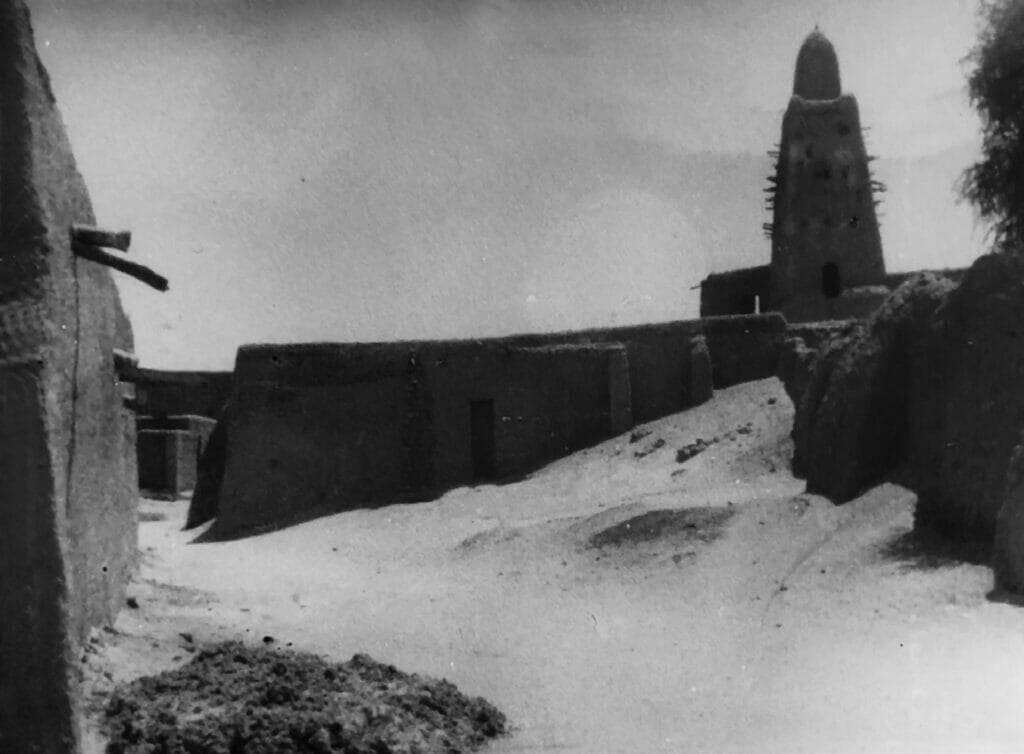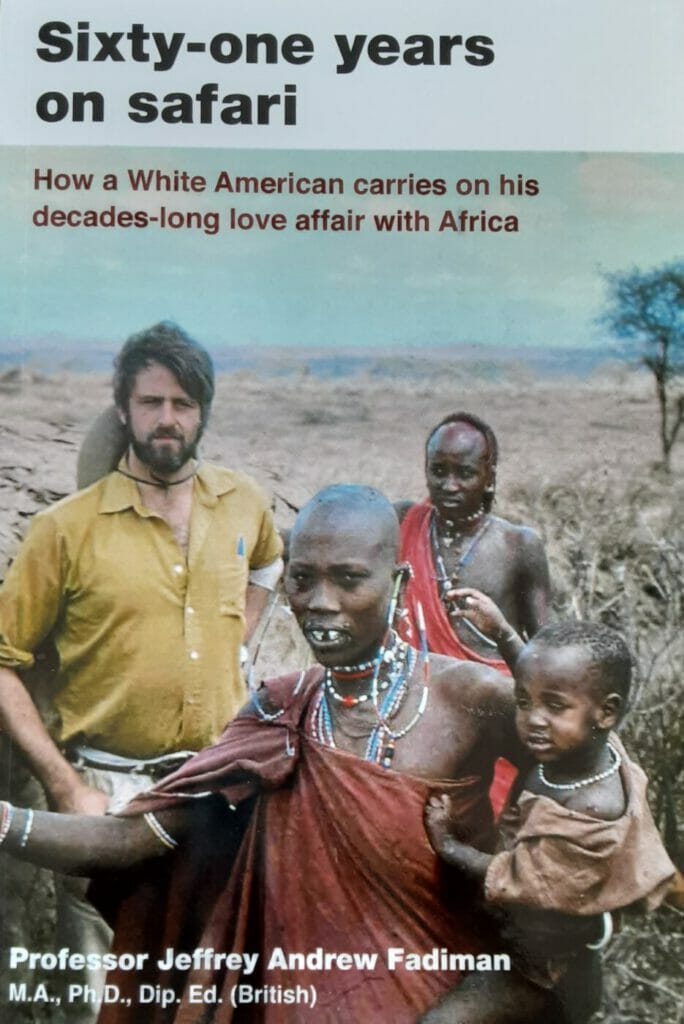How a 24-year-old White American discovered Timbuktu in 1960

I stepped off the boat and into Africa feeling like a cat–with every sense alert for danger. There was none. The city swarmed, as a non-stop procession of red robes, black skin, white teeth and silver laughter flowed around me. Dock workers in loin clothes grinned and actually greeted me as they moved past. I was stunned, being used to Americans who lowered their eyes and never spoke as they rushed past. Huge women in multi-colored robes called out to me to buy strawberries, peanuts, sun glasses and anything else they could carry.
There were the kids, tons of kids; with bright eyes and fine teeth. They clustered

happily around me, each fending off others for the right to shake my hand. Each one carried part of a cigarette: Not a pack, not “a” cigarette, just part of one. Later, I learned that they come into the city for jobs. Instead, they find thousands of kid-competitors.
The boys look strong, healthy and certainly happy. They flood the cities to earn money, seek adventure and eventually look for wives. But there is no money; just hundreds of boy-competitors. In consequence, they form small-boy-gangs, that scavenge the neighborhoods, looking for anything they can sell, most often cigarettes. Then, they divide the fragments equally among themselves, so that everyone gets a change to sell. No one makes a living; but, no one starves.
__________
Jeffrey A. Fadiman, 85, is a professor of Global Marketing at San Jose State University in California, and a Language and Area Specialist for Eastern and Southern Africa. A graduate of Stanford University with two years at the Universities of Vienna and Free Berlin, this Fulbright scholar taught both U.S. and global marketing tactics at South Africa’s University of Zululand. He first experienced Africa in 1960 by canoeing up the Niger River to Timbuktu. Thereafter, he lived in Meru, Kenya, where he rediscovered the traditional history of the Meru tribe, which had been crushed by British Colonialism. Fifty years later, the Meru accepted him as the first White Elder of their nation. Professor Fadiman has supported both Tanzanian AIDS orphans and the schools to which he sent books, pens, paper, and hope.


